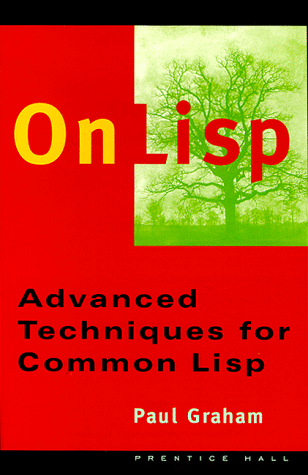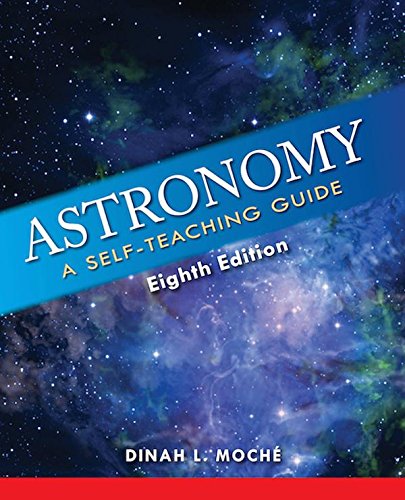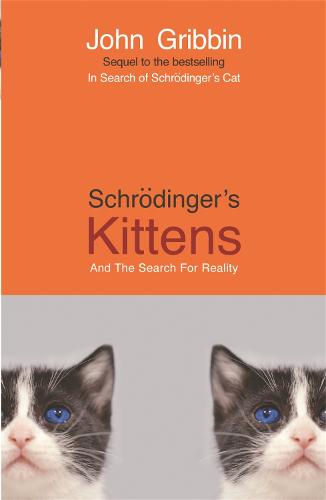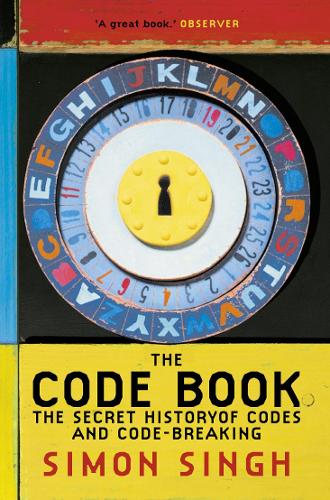A friend of mine – he reads this blog so he’ll know this post is partly about him – always wanted to play the guitar. When it came to his fortieth birthday he decided it was now or never and he bought himself his first instrument.
Fast forward six months and he sat down before us, his work colleagues, and gave a very credible performance of three songs.
He received our compliments and applause with quiet satisfaction.
“See?” he said, “And you all laughed when I said I would learn guitar. You all thought I couldn’t do it!”
It’s a great story, but actually, that wasn’t what happened.
One of our circle is an expert guitarist: he offered a lot of initial advice. We’d all clubbed together to buy a set of guitar lessons as a birthday present and we’d offered nothing but support and encouragement as he learned.
That’s not as good a story, that’s just real life.
I recently watched and enjoyed Only Murders in the Building. Only Murders is a good old fashioned whodunnit. Interestingly – in fact it’s the point of this post – I spotted the murderer right at the beginning.
Not through my detective skills: I have none. Rather, through my writerly skills. I can usually spot the murderer in a whodunit. I recognize the form of the story, the misdirections the writer is using and so on. (In the interests of full disclosure I should admit that I had an advantage as I actually own the obscure item that was a vital clue).
The thing is, I didn’t enjoy the story any less for knowing the answer in advance. When I was a kid I always knew that James Bond was going to defeat the baddies, I still enjoyed the ride.
I enjoyed the ride.
Enjoying the ride is a what a story is all about. It’s very easy when writing stories to get caught up with the making sure the plot is unfolding properly. This especially true in SF when the central idea can be very impressive. One of my favourite SF inventions is Ice 9, in Kurt Vonnegut’s Cat’s Cradle. However, Ice 9 is a conceit, not a story. What makes Cat’s Cradle such a great book is the ride. The cast of characters; the bizarre situations; Vonnegut’s pithy observations and turn of phrase; his compassion and understanding.
It’s been said many times but it’s worth repeating: a story is a journey, not a destination.













